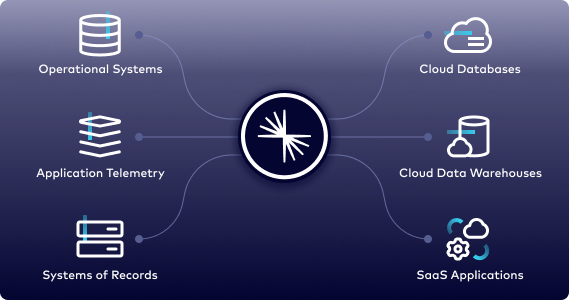The term “data pipeline” has become a cornerstone of modern businesses and organizations. Simply put, a data pipeline is a series of processes that move data from one system to another, often transforming or enriching it along the way. Whether it’s supporting real-time analytics, fueling machine learning models, or streamlining operations, data pipelines serve as the essential infrastructure behind countless applications. Their ability to automate and orchestrate the flow of data is key to unlocking insights and driving efficiency. In this article, we’ll explore the diverse uses of data pipelines and why they’re indispensable in our increasingly connected world.
Driving Business Intelligence
One of the most widespread uses of data pipelines is in business intelligence (BI). Organizations rely on BI tools to make informed decisions, and these tools depend on clean, consistent, and up-to-date data. Data pipelines automate the process of extracting information from sources like databases, APIs, and files, then transforming it into a format suitable for analysis. For example, a retail company might use a pipeline to gather sales data from multiple stores, normalize it, and feed it into a dashboard for executives to monitor performance. By automating these tasks, data pipelines reduce errors, save time, and ensure that decision-makers have the insights they need when they need them.
Powering Machine Learning Models
Data pipelines are also critical for training and maintaining machine learning models. Machine learning algorithms require vast amounts of data, often sourced from diverse systems, to learn and make accurate predictions. A data pipeline ensures that the right data is collected, cleaned, and formatted before being fed into a model. For instance, an e-commerce platform might use a pipeline to gather user behavior data, like clicks and purchase history, to train a recommendation engine. Additionally, pipelines help maintain models by continuously updating them with new data, ensuring they remain accurate and relevant over time. Without these automated workflows, the process of managing machine learning projects would be far more cumbersome and error-prone.
Supporting Real-Time Analytics
In fast-paced industries, the ability to analyze data in real-time is a competitive advantage—and data pipelines make it possible. Real-time pipelines process streams of data as it’s generated, enabling immediate insights and action. For example, financial institutions use real-time pipelines to monitor transactions for fraud detection, flagging suspicious activity within seconds. Similarly, ride-sharing apps depend on real-time data pipelines to match drivers with riders efficiently. These pipelines are designed to handle high volumes of data with minimal latency, ensuring businesses can respond to events as they happen. This capability is increasingly crucial as the demand for instant decision-making grows.
Streamlining Operational Efficiency
Beyond analytics, data pipelines play a vital role in operational efficiency. They enable organizations to automate repetitive tasks, such as moving data between systems or syncing databases. For example, an airline might use a pipeline to automatically update flight schedules and ticket availability across its booking platforms. This eliminates the need for manual updates and reduces the risk of inconsistencies. Pipelines also facilitate data integration during mergers or acquisitions, helping organizations consolidate disparate systems seamlessly. By automating these processes, businesses can focus more on strategic initiatives and less on administrative chores.
Enabling Personalized Customer Experiences
In an era where personalization is key to customer satisfaction, data pipelines help deliver tailored experiences at scale. By collecting and processing customer data in real time, pipelines enable businesses to offer personalized recommendations, targeted marketing, and customized interactions. Streaming services, for instance, use data pipelines to analyze viewing habits and suggest shows or movies users are likely to enjoy. Similarly, online retailers leverage pipelines to provide dynamic pricing or special offers based on a shopper’s browsing history. These personalized touches not only enhance customer satisfaction but also drive revenue by increasing engagement and loyalty.
Facilitating Compliance and Data Governance
Data pipelines also play a crucial role in maintaining compliance and ensuring robust data governance. In industries like finance and healthcare, where regulatory standards are stringent, pipelines can automate the collection, anonymization, and storage of sensitive data to meet legal requirements. For instance, a hospital might use a data pipeline to encrypt patient records before transferring them to a centralized database, ensuring compliance with data privacy laws like HIPAA. Additionally, pipelines can enforce data quality standards by identifying and correcting inconsistencies or missing values during the transformation process. By embedding governance measures into the data flow, pipelines not only protect organizations from legal risks but also promote trust and reliability in their data systems.
The Backbone of Modern Data Strategies
Data pipelines are the unsung heroes of the digital age, quietly powering the systems and services we rely on every day. Their ability to automate data flow, ensure accuracy, and support complex applications makes them indispensable in industries ranging from healthcare to entertainment. Whether it’s enabling real-time decision-making, enhancing operational efficiency, or delivering personalized experiences, data pipelines are at the heart of it all. As businesses continue to embrace digital transformation, the role of data pipelines will only grow in importance. Investing in robust pipeline infrastructure is no longer a luxury—it’s a necessity for staying competitive in a data-driven world.




